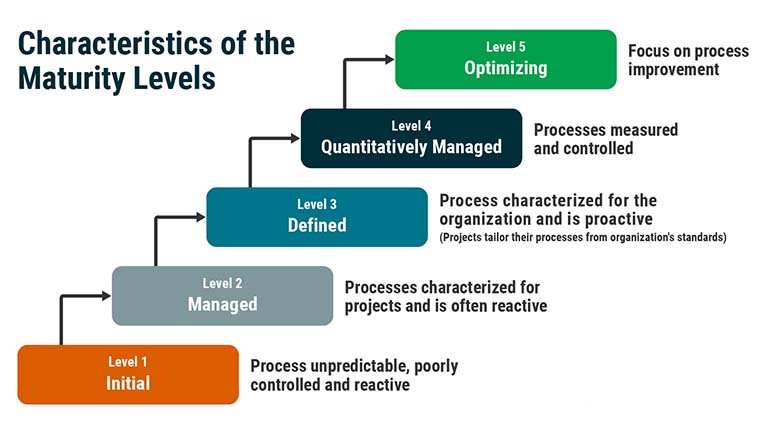Part 1 of 3-Part Series: Standardization: Building Better Business Analysis Capability
Receive free IIBA updates and exclusive content!
It's not new thinking that business analysis is a critical component to the success of any project or program. Business leaders with a track record of successful outcomes understand it’s important to conduct careful analysis at the onset of a project and ensure successful specifications of requirements to meet business objectives. How business analysis is conducted is equally important to help navigate the complexities of a project, which can benefit from the standardization of methodology, including templates, deliverables, processes, and tools.
Standardization is the process by which a company makes its methods and processes uniform throughout its organization.

It is the logical, purpose-driven systems put in place to streamline processes in an area of practice or supporting on-the-job tasks.
Rather than responding to each situation as it arises, every business analysis professional would follow the same methodology, processes, tools and templates to complete tasks and deliverables. The goal is to create repeatable success using best practices within your organization. Typically, the larger the organization, the more need for standardization.
Having different approaches to various situations in a company ultimately translates into unpredictable outcomes and lack of continuity. Standards help target achieving a predictable outcome. It also helps with continuity and transferability from one team member to another.
Standardization reduces the risk of project failure, achieves cost saving, and ultimately increases customer satisfaction and return on investment.
Figure 1. Capability Maturity Model (CMM) developed by Software Engineering Institute (SEI) is widely used by organizations around the world.
A Business Analysis Centre of Excellence (BA CoE) or a Business Analysis Community of Practice (depending on the capability maturity level of the organization, see Capability Maturity Model (CMM) in Figure 1) provides such a framework. It is essential in increasing the business analysis capability maturity level of an organization and consequently in reducing the risk of projects. A good example of a company that uses standardization in their business analysis practices is NedBank, Maturing Business Analysis into a Vibrant Capability with Consistent Execution. Through their Business Analysis Practice Centre working with the business analysis community, the business analysts contributed to Nedbank’s ability to turn market constraints into strengths by leveraging fundamental business analysis skills consistently.
If you’ve been ignoring standardization, it’s time to start paying closer attention.
IIBA’s Global Corporate Program provides the support and resources organizations need to build business analysis capabilities and drive professional development and growth.
To learn more, fill out the form below to speak with a Corporate Program Manager.
About The Author:

Sema Sali is a business analysis ambassador at IIBA, leveraging the intercept of marketing with business analysis to increase awareness of the value and criticality of business analysis to the success of organizations in today’s complex and disruptive world. She contributes to the growth of IIBA’s ecosystem through marketing efforts of IIBA’s Organizational Programs for Corporate, Academic and Endorsed Education Providers.
